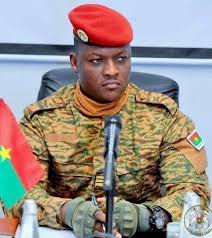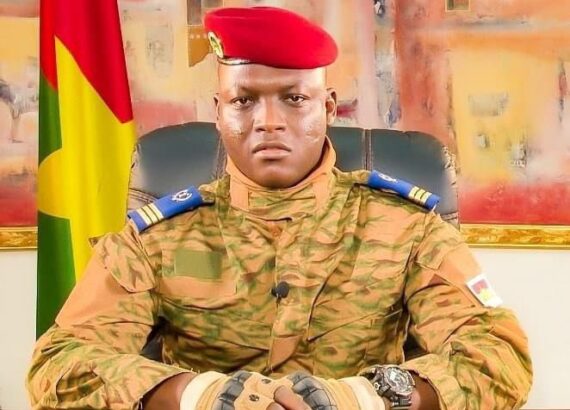The Assassination Attempt on Ibrahim Traore: Unmasking the Shadows


A Nation on Edge
Burkina Faso, a landlocked country in West Africa, has long been a crucible of political upheaval, insurgency, and power struggles. Its recent history reads like a gripping novel, with twists, betrayals, and a cast of characters that defy easy categorization. At the heart of this tumultuous saga stands Captain Ibrahim Traore, a man thrust into the spotlight, his fate intertwined with a nation yearning for stability.
Rise of a Young Leader
Ibrahim Traore’s journey began far from the corridors of power. Born in the sleepy town of Kéra, Bondokuy, he grew up in the shadow of the Mouhoun Province’s rolling hills. As a boy, he was quiet, introspective, and fiercely intelligent. His high school years in Bobo-Dioulasso revealed glimpses of his potential—quiet determination, a thirst for knowledge, and an unwavering commitment to justice.
Traore’s path diverged when he joined the Georges-Namoano Military Academy. His military career unfolded against the backdrop of Burkina Faso’s escalating jihadist insurgency. He fought at Djibo, weathering the storms of the “Otapuanu offensive” and other counter-insurgency operations. Promoted to captain, he became a spokesperson for disillusioned soldiers, their voices echoing across the arid Sahel.
The Coup D’états: A Nation in Flux
In January 2022, Traore was part of the group that orchestrated the Burkina Faso coup d’état, toppling the democratically elected President Roch Marc Kabore. The military junta, known as the Patriotic Movement for Safeguard and Restoration, seized power, promising stability and security. Traore’s star rose, and at age 36, he became the world’s youngest serving president.
But power is a double-edged sword. Traore faced discontent within the armed forces, equipment shortages, and a restless populace. The whispers of mutiny grew louder, and rumors swirled like dust devils across the sun-scorched plains.
The Assassination Attempt: Shadows and Betrayal
On a blistering afternoon, Traore’s convoy wound through the streets of Ouagadougou, the capital city. The air crackled with tension. Suddenly, gunfire erupted—a hailstorm of betrayal. Traore’s armored vehicle swerved, bullets tearing through metal and flesh. The would-be assassins vanished into the labyrinthine alleys, leaving behind a wounded leader and a nation reeling.
Aftermath and Uncertainty
Burkina Faso’s intelligence and security services acted swiftly. Officers and alleged conspirators were arrested, their shadows cast upon the fragile fabric of the state. Traore survived, but scars—both physical and emotional—linger. An investigation unfolds, seeking to unravel the web of treachery.
As dusk settles over Ouagadougou, pro-military demonstrators flood the streets, chanting Traore’s name. But beneath the slogans lies a deeper truth—the precarious balance between duty and ambition, loyalty and betrayal.
A Nation’s Destiny
Burkina Faso stands at a crossroads. Traore’s survival is both a testament to resilience and a harbinger of uncertainty. The shadows have deepened, and the sunsets over the Sahel whisper secrets of power, honor, and sacrifice.
In this land of contradictions, where dust storms dance with hope, Ibrahim Traore remains a symbol—a young leader navigating treacherous waters, his fate entwined with a nation’s destiny.


